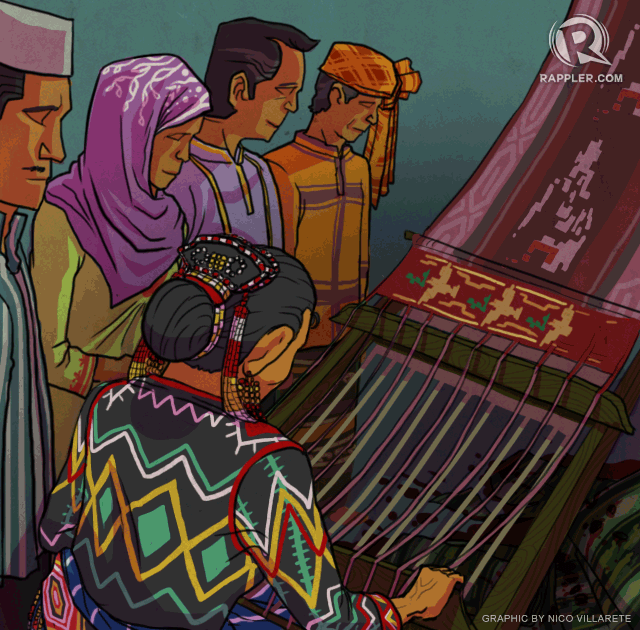SUMMARY
This is AI generated summarization, which may have errors. For context, always refer to the full article.

As both houses of Congress approach the last stretch of their deliberations on the controversial Bangsamoro Basic Law (BBL), we witness debates shaped mainly by lawyers. It can’t be helped, perhaps, because a major bill, especially one that changes the power landscape in the country, has to go through the eye of a legal needle.
Unfortunately, many voices have stoked fears about the BBL giving too much to a few, both in power as well as in pesos and centavos, and about being a launching pad for eventual secession.
Some of these fears have already been addressed by authoritative groups. Take the surviving framers of the 1987 Constitution who cautioned the public about regarding the BBL narrowly, only through a legal lens.
“Bangsamoro is about the development of people, not about the constitutionality of words,” 14 of them said in a 6-page statement supporting the BBL. “The public conversation should not be about semantics but about people – their needs, their aspirations, their choices – and about empowering them with the environment and institutional framework for social justice.”
The framers continued, “An interpretation of any relevant provision of the Constitution that results in war and abject poverty would be contrary to its intention.”
We can’t always achieve our desire to see things in black and white. There can be shades of grey, which are sometimes murky and difficult to navigate.
More recently, though, the Peace Council, whose members were appointed by President Aquino to study the BBL closely, proposed changes that would clarify the greys and make the bill less contentious. These include deleting references to the “opt-in” provision that allows areas outside the Bangsamoro to join the new entity through a referendum and keeping the Ombudsman’s mandate over public officials and employees. (Read their report here: FULL REPORT: Peace Council on the Bangsamoro Basic Law)
We also see a problem of framing by both parties in the peace talks. We take the view that the BBL is not the peace deal, as it is sometimes projected, as if it were the deus ex machina we’ve been waiting for to end the violent conflict in Muslim Mindanao.
While it is true that the government and the Moro Islamic Liberation Front (MILF) had been engaged in on-and-off talks for 17 years, the BBL is not the end or the full stop of this protracted process. Rather, it is the “end of the beginning,” as Thomas Phipps of the International Contact Group (ICG) aptly put it. After the BBL is in place, Phipps explains, implementation of the law begins and this is not going to be easy.
(The ICG, composed of representatives of 4 countries and 4 international NGOs, sits as an observer in the peace negotiations. Phipps, who is with the British Embassy in Manila, represents the UK. The 3 other countries are Japan, Turkey and Saudi Arabia.)
The experience of Northern Ireland is a chastening one. There, the overwhelmingly Protestant majority wanted to remain part of the UK while the Catholic minority wanted to become part of the Republic of Ireland. The conflict was described as “territorial… not a religious one.”
After 3 decades of fighting, known as the “Troubles,” the British and Irish governments finally reached a political settlement, the Good Friday Agreement, in 1998.
It’s been 17 years since the Good Friday Agreement yet we read reports about obstinate issues that remain unresolved. Till today, wounds have yet to heal. But as many say, politics and negotiations have triumphed over violence.
Similarly, we have a starting point with the BBL. If passed, the government and the Bangsamoro can engage each other through the “force of argument” rather than the “argument of force” – which is a much better option than continuing to have lost generations in Mindanao. – Rappler.com
For more stories and conversations on the Bangsamoro Basic Law and the Mindanao peace process, visit #ProjectMindanao.
#ProjectMindanao is a platform for meaningful conversations and informed action that we hope would lead to a better understanding of the conflict in Mindanao and why we need not only to promote peace but sustain it.
Add a comment
How does this make you feel?
There are no comments yet. Add your comment to start the conversation.